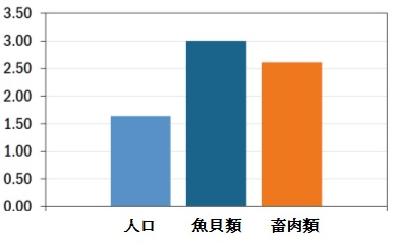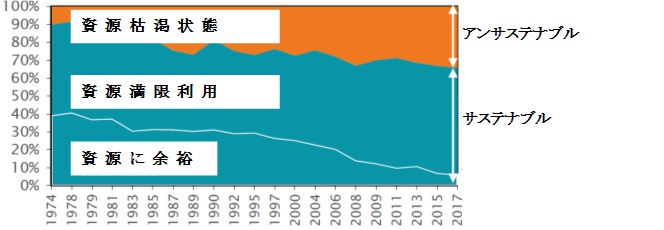- Yokohama-shi Top Page
- Living and Procedures
- Community Development and Environment
- Environmental Conservation
- Environmental Activities
- Ethical Consumption Gift Campaign
- [Column] Ethical consumption and the first fish in the world
Here's the text.
[Column] Ethical consumption and the first fish in the world
Hiyoshi, who has been working as an environmental counselor and regularly conducts environmental education dispatch lecture/off site lecture at elementary schools and other elementary schools, wrote a column on MSC's Eco Label.
Last Updated October 29, 2024
Choosing and buying environmentally and social products is called "ethical consumption," but what is the relationship between the "fish" that is indispensable to the Japanese dining table and the environment and society?
In fact, fish and seas are very susceptible to environmental and social impacts, such as global warming, marine debris, and unsustainable fisheries.
Sanma, a representative of the taste of autumn, is said to be unprecedented in the autumn season of 2020, and one of the causes is overfishing and rising seawater temperatures.
In addition, fish is a food familiar to Japanese people, but recently saury consumption has increased in China and Taiwan, and the catch of each country is increasing accordingly.
Fish consumption in the world has increased by an average of 3% each year over the last 50 years. During this period, the population growth was 1.6% annually, and the growth of meat (including eggs, milk, etc.) was 2.7% annually, indicating that fish is spreading worldwide.

Average annual increase in consumption from 1961 to 2013 (edited by FAO Headquarters from the FAO World Fisheries and Aquaculture White Paper 2020)
By the way, the fish is changing greatly in the sea. In the world, the proportion of marine resources depleted due to overfishing was 10% in 1974, but has increased year by year to 34.2% in 2017.

World Fisheries Resources (From the FAO World White Paper on Fisheries and Aquaculture 2020)
In a paper published in the American academic journal Science in 2006, there was a shocking one that in 2048, fish could not be caught worldwide. This article has been rebuted by experts since then, but various movements have begun around the world toward the sustainable use of marine resources. The marine ecolabel MSC "Ecolabel of the Sea" is one of them.
The next theme is "Ethical Life at MSC" and I would like to deliver bright information.
January 2021 Eiichi Hiyoshi
Inquiries to this page
Green Environment Bureau Park Green Space Department Environmental Activity Business Division
Telephone: 045-671-2484
Telephone: 045-671-2484
Fax: 045-550-4554
Email address: mk-kyoiku@city.yokohama.lg.jp
Page ID: 515-012-978







